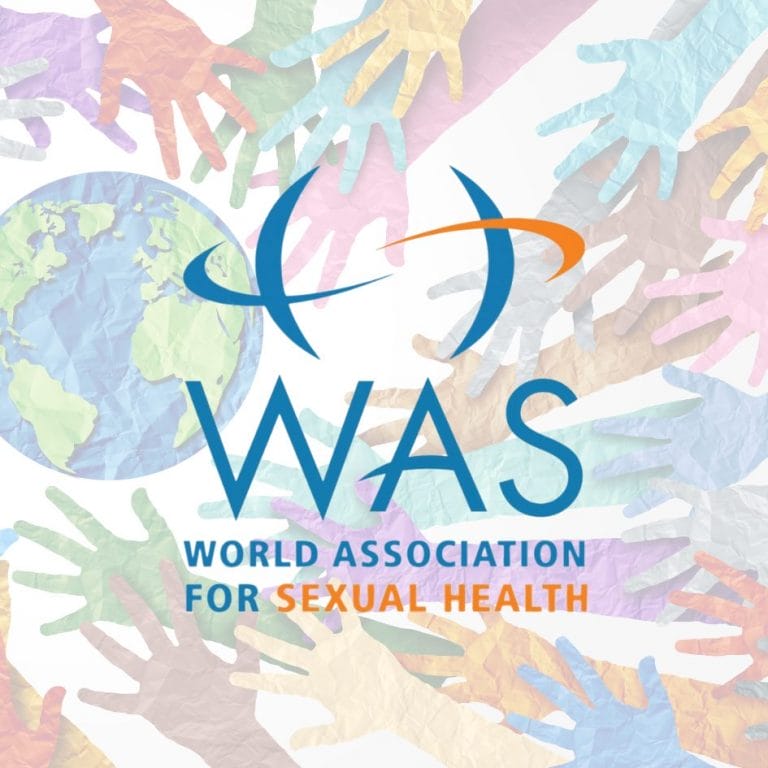
World Association for Sexual Health Releases Revised Declaration of Sexual Rights
Sexual Health Day
On Sexual Health Day 2014, the World Association for Sexual Health (WAS) released a revised version of its Declaration of Sexual Rights. This update responds to critical discussions within the United Nations about sexual and reproductive health and rights, affirming that sexual health is integral to human rights and well-being. The revised declaration highlights the need for a respectful, positive approach to sexuality, emphasizing that everyone has the right to safe, pleasurable, and consensual sexual experiences free from discrimination and violence.
The Significance of the Revised Declaration of Sexual Rights
In April 2014, WAS representative Esther Corona delivered a statement to the United Nations about this revised declaration. She emphasized that significant progress has been made since the International Conference on Population and Development (ICPD), recognizing that sexual health is linked to broader aspects of human sexuality, including gender identities, roles, sexual orientation, pleasure, intimacy, and reproduction.
Corona highlighted that sexual health requires “a positive and respectful approach to sexuality and sexual relationships,” which includes the right to pleasurable and safe sexual experiences without coercion or discrimination.
Fundamental Rights in the Revised Declaration of Sexual Rights
The revised declaration outlines several essential sexual rights that protect individuals’ ability to express their sexuality and enjoy optimal sexual healthfully. These rights include:
- The Right to Equality and Non-Discrimination
- The Right to Life, Liberty, and Security of the Person
- The Right to Autonomy and Bodily Integrity
- The Right to Be Free from Torture, Cruel, Inhuman, or Degrading Treatment
- The Right to Be Free from All Forms of Violence and Coercion
- The Right to Privacy
- The Right to the Highest Attainable Standard of Health, including sexual health and the ability to enjoy safe and pleasurable sexual experiences.
- The Right to Information and Comprehensive Sexuality Education
- The Right to Enter, Form, and Dissolve Relationships Based on Equality and Consent
- The Right to Decide Whether to Have Children and access the information and means.
- The Right to Freedom of Thought, Opinion, and Expression
- The Right to Access to Justice and Redress
These fundamental human rights should be actively promoted, protected, and monitored for violations.
Protecting Human Rights Related to Sexuality
The revised declaration acknowledges that sexual orientation, gender identity, gender expression, and bodily diversity require specific human rights protections. It condemns all forms of violence, harassment, discrimination, exclusion, and stigmatization, which undermine the well-being of individuals, families, and communities.
Eli Coleman, PhD, Co-Chair of the WAS Task Force to Revise the Declaration and Director of the Program in Human Sexuality, reinforced the declaration’s importance, stating, “You cannot have sexual health without sexual rights.” For sexual health to be fully achieved, the sexual rights of all individuals must be respected, protected, and fulfilled.
The Role of the World Association for Sexual Health (WAS)
The World Association for Sexual Health (WAS) is a global, multidisciplinary organization promoting sexual health across all stages of life. It achieves this by advocating for sexual rights, advancing scientific research in sexology, and facilitating educational and clinical programs worldwide. Through its Declaration of Sexual Rights, WAS underscores the importance of safeguarding human dignity, equality, and freedom in sexual health matters.
The revised Declaration of Sexual Rights was initially proclaimed at the 13th World Congress of Sexology in Valencia, Spain 1997. It was revised in 1999 and reaffirmed in 2008 as part of the WAS Declaration: Sexual Health for the Millennium. The latest revision, approved by the WAS Advisory Council in March 2014, reflects current global discussions on sexual and reproductive health.
Conclusion:
The World Association for Sexual Health’s revised Declaration of Sexual Rights serves as a global framework for protecting and promoting sexual health and rights for all. This declaration recognizes that sexual rights are human rights, and achieving sexual health requires a commitment to ensuring that these rights are respected and fulfilled. As society continues to evolve, it is crucial to uphold these values, protecting individuals from discrimination and violence and promoting a world where everyone can enjoy their sexual rights with dignity and freedom.
For more information on the revised declaration, visit the World Association for Sexual Health website.






